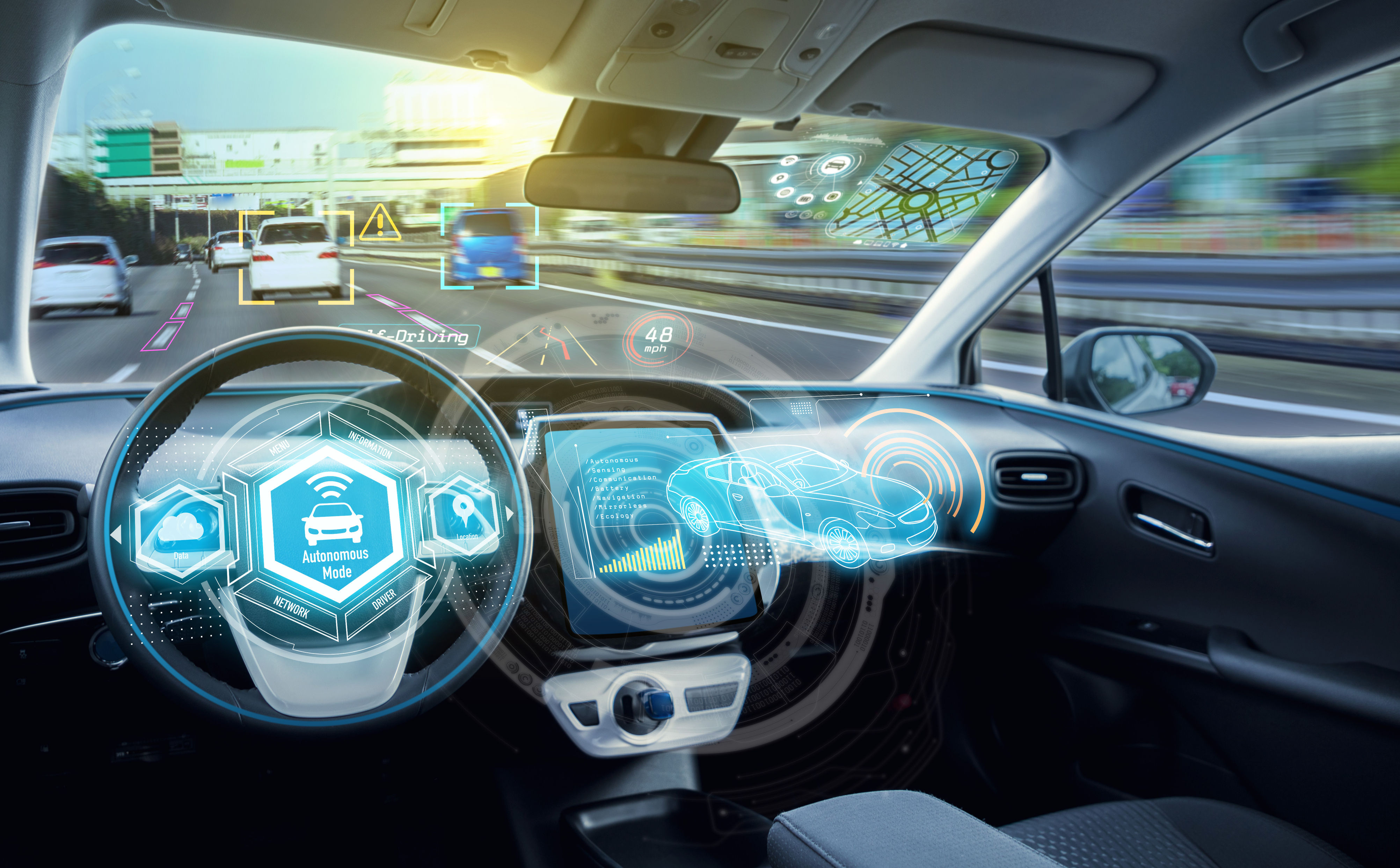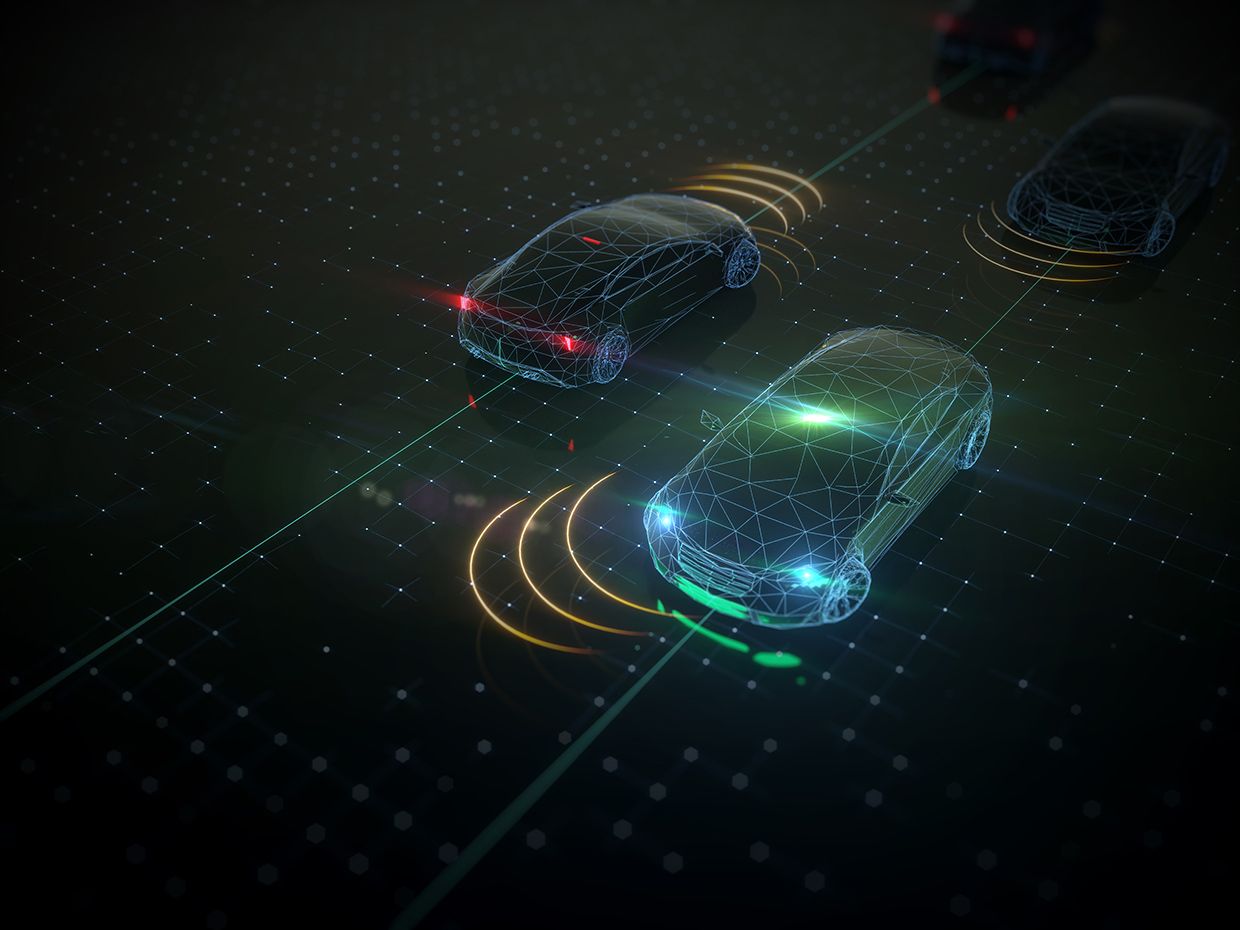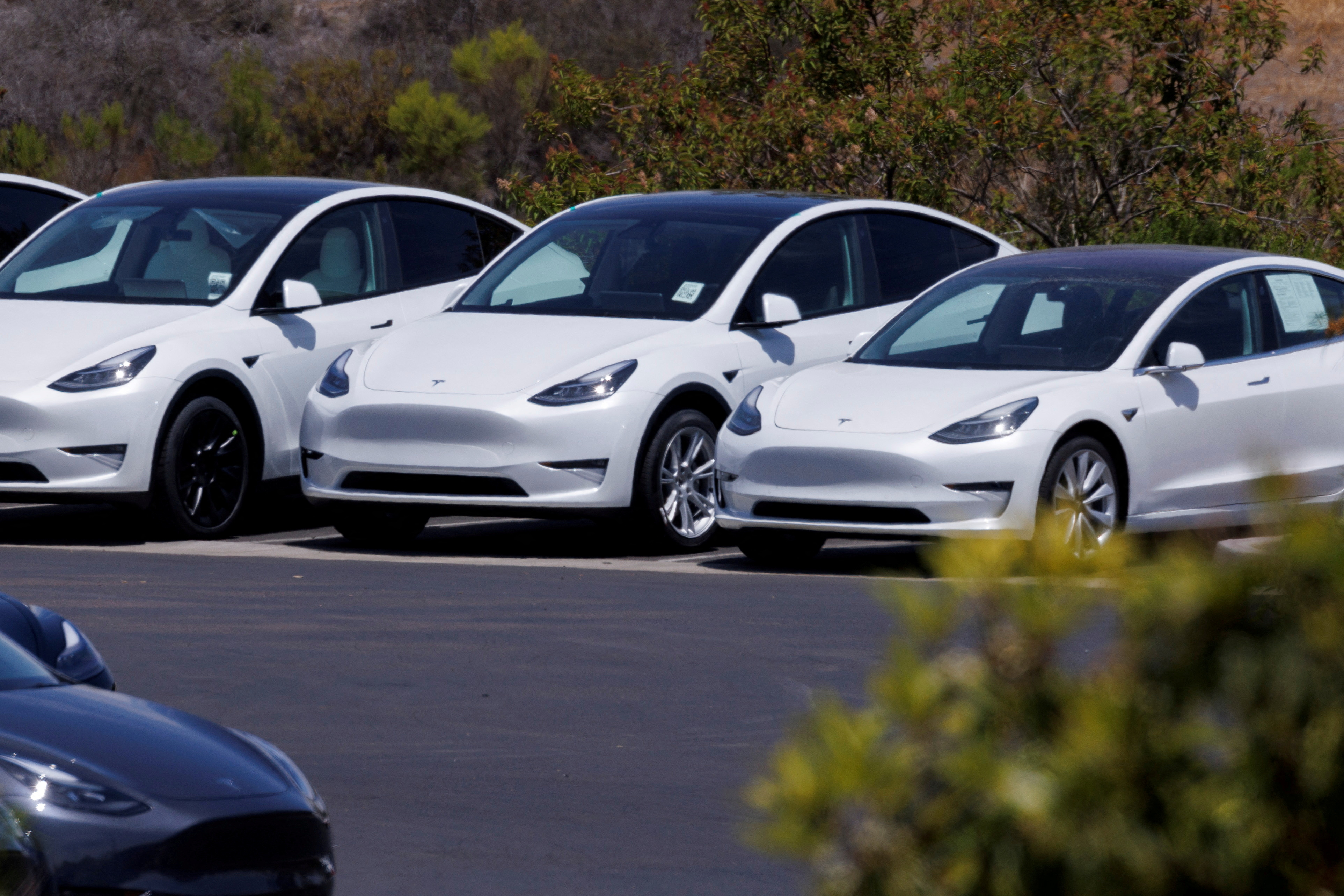With the ever-growing popularity of hybrid and electric cars, the future of automotive technology is looking up. Not only are these vehicles becoming increasingly common in today’s market, but they’re also starting to come with their benefits.
Sure, most of us may not have much experience with these car types yet. However, once we become familiarized with the concepts, it’s very hard to go back to traditional models. The question is: What is the future in ev or hybrid automobiles? Let us take a look at some of the key factors that will shape this segment over the coming years.
Self-Driving Cars

Many automakers have been actively developing autonomous driving technologies for years now. The main push behind these programs is to reduce accidents and fatalities on the road. While it may seem like a distant dream, the future is likely to see self-driving cars come to market. These vehicles will already be on the road by 2025, with most passenger vehicles already having autonomous capabilities by then.
There are several reasons why self-driving cars are set to become a reality. First and foremost, the technology is a real possibility. Researchers are continually finding new ways to make autonomous cars more reliable than ever before. And, with more and more automakers investing in this field, we can be relatively confident that the challenge will be tackled.
Brought to you by Artificial Intelligence

Artificial Intelligence is the new buzzword for many industries. This is due to the fact that it’s incredibly beneficial for autonomous cars. By relying on AI algorithms, these vehicles are expected to perform better than their human-driven counterparts. This is due to the fact that they use sensor data and computer simulations to understand their surroundings.
The automobile industry has been exploring the use of AI for many years. Now, with more advanced capabilities, these systems are only expected to become more useful. We can expect AI to be implemented in a number of areas. One example is the system that controls the vehicle’s navigation.
More Advanced Battery Technology
As the popularity of electric vehicles continues to soar, major car manufacturers are investing in battery tech that’s more advanced than ever before. It’s not hard to see why. Now that they have the capacity to produce large quantities of EV batteries, these companies are attempting to make the technology even better.
This is done by improving the lifespan of the batteries, increasing their output, and making them more energy efficient. Some of these advancements are happening thanks to the development of new materials. Newer battery types are expected to have a longer lifespan and hold more charge than the current models. This will make them more versatile and useful than ever before.
Stricter New Car Regulations

With the advent of autonomous vehicles, it’s not hard to see why stricter new car regulations are on the horizon. Both self-driving cars and autonomous vehicles will have strict requirements. These requirements are expected to include a variety of factors, including the vehicle’s reliability and the reliability of the technology that’s powering the car. As a result of these stricter regulations, automakers will be forced to develop better models. This, in turn, will make the technology more reliable and beneficial to consumers. And, with these types of vehicles becoming increasingly common, it’s likely that they’ll face stricter regulations as well.
Conclusion
The future of car technology is looking up. Not only are hybrid and electric cars becoming more common, but they’re also starting to come with their benefits. Self-driving cars are likely to be commonplace in the coming years, with AI-assisted navigation and wireless charging. These types of advancements are just some of what’s to come. The question is: What is the future in ev or hybrid automobiles? Let us take a look at some of the key factors that will shape this segment over the coming years.






